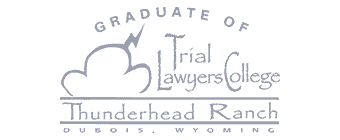Client Success Stories That Inspire and Drive Change.
Mr. Gray fought for us, and he was very honest about our case. I was happy with the offer, but he told us we could get more. And he got more!
–Joyce Johnson
They are simply the best!!! I'm so thankful for them!! Mr Gray will always be my lawyer. They actually care for their clients and work hard to get you the best deal possible!! Highly recommended.
–Maria Fernanda Brum
My daughter was involved in a traffic accident, and I retained Daryl Gray to represent on her behalf. Throughout the process, Daryl was reliable and available to answer any questions concerning the case. He kept us informed and advised as to what was expected. I had a positive experience and would recommend Daryl to my family and friends. Thank you for all your hard work.
–Lam Smith
Daryl and his staff are amazing! Very punctual, and professional! Daryl is really involved and informs his client on what to expect from their particular case! Everything is well-timed, thought-out, and Daryl is definitely one of the best attorneys in the state of New Orleans! Daryl’s staff is super amazing! If you have an accident and need a good attorney, definitely have Daryl and his team to help you out!
–Ronaldo Marquez
Excellent Law Group. Everyone was very professional and polite. Things got done right, the first time. Thanks.
–Micheal Conor
My attorney Mr. Gray handled my personal injury case. My mother & I were hit by a limo bus & sustained some injuries. He & his team made sure we were seen by great doctors & were there every step of the way. If you’re looking to get someone to get you to the right compensation for your injuries, he’s the man to do it! It’s a process, one that can’t be rushed! Daryl Gray is the man to make it happen.
–Stephanie P. 





























